TikTok videos with the hashtag #mentalhealth have accumulated more than 20 billion views. And that’s not counting #anxiety, which has almost 11 billion views, or #adhd, with close to 9 billion. That’s enough to tell that anyone can have access to videos on TikTok for mental health and benefit from them.
The short-video app may be known for trendy dances and goofy humor, but TikTok has also become a place for young people to share their mental health struggles. You can learn from therapists and find community with others facing similar challenges.
Data from the World Health Organization shows that in 2021, one in seven adolescents ages 10 to 19 struggled with mental health challenges. Hence, in this article, we will talk about how TikTok affects the viewer’s mental health.
How Can TikTok Videos on Mental Health Help You?
Here’s how TikTok videos can advantage the viewer’s mental health:
Education
One of the main benefits of talking about mental health on TikTok is that users are exposed to people with different conditions, said Peter Wallerich-Neils.
He is known as Peter Hyphen to his more than 416,000 followers on TikTok, where he initially began posting to discuss his diagnosis with attention deficit hyperactivity disorder.
This helps people learn terminology, and when they find other people with their own issues, they can start a dialogue about their symptoms.
But also, Wallerich-Neils said, “It’s kind of holding a mirror up to themselves and they can realize, ‘Oh, my gosh, I didn’t realize that this is something that I thought only I dealt with’ — knowing that there could be a name for it. And ‘I am part of this community that I didn’t even know existed.’”
Validation
Those who may be feeling alone in their struggles often can find the validation they need, Wallerich-Neils said.
Like many others, he took to social media at the beginning of the pandemic to fill the void created by the lockdowns.
On TikTok, he began to analyze and share the ways that his ADHD diagnosis affected his everyday life and found that many connected with his journey.
Community
Dr. Kojo Sarfo, a mental health nurse practitioner and psychotherapist with more than 1.9 million followers on TikTok, said the app creates spaces where those with mental health conditions can feel that they belong.
This connection is especially important for communities where mental health is rarely talked about or is even considered a taboo subject.
John Piacentini, a professor in the UCLA Department of Psychiatry and Biobehavioral Sciences, said the weight of the pandemic is heavy for adolescents.
Teens and young adults have an increased need for peer interaction and a higher sensitivity to social exclusion.
Lockdowns, online learning, and social distancing mandates have disrupted their lives.
Social media, Piacentini said, has helped to fill those gaps, and TikTok has become a new coping strategy.
As our lives become more destabilized, it’s natural for us to seek out comfort and like-minded people.
For adolescents, he said, finding community and validation on the app is not only normal but necessary for their development.
How Can TikTok Videos on Mental Health Not Help You?
The information isn’t always accurate. Piacentini warns that users need to be critical of the content they’re absorbing.
“TikTok is a very effective platform to communicate with, but just be aware of what’s being communicated,” he said.
Seeing a video on TikTok that you identify with can be the first step in your mental health journey, but always do more research.
Consider each person’s expertise and understand whether someone is giving advice based on personal experience or from a clinician’s point of view.
Sarfo said that even users like him, who are medical professionals, should be fact-checked.
Is TikTok Dangerous For Your Mental Health?
“Our children are growing up in the age of social media — and many feel like they need to measure up the filtered versions of reality that they see on their screens.
We know this takes a devastating toll on children’s mental health and well-being.” said California’s Attorney General, Rob Bonta.
Some experts believe that TikTok’s algorithm can promote content related to depression, anxiety, and eating disorders, according to CBS News.
In 2021, The Wall Street Journal conducted its own investigation into the app. The journal created 100 “bot” accounts, giving them each different ages, genders, locations, and interests.
The bots were programmed to linger on videos that related to their programmed interests. These interests were never entered into the app. One bot was given an interest in sadness and depression-related videos.
Within 36 minutes of creating this bot account, the TikTok algorithm learned that the user was interested in depression-related content. Eventually, about 93% of the content on the bot “for you” page was about sadness and depression.
“Officially, the company says that shares, likes, follows and what you watch all play a role in what TikTok shows you,” said The Wall Street Journal.
“We found that TikTok only needs one of these to figure you out, how long you linger over a piece of content. Every second you hesitate or rewatch, the app is tracking you.”
Bullying is prevalent on TikTok because it is extremely easy to comment on a video, and one troll can send multiple hurtful messages within an hour (via Psychology Today).
The security and anonymity behind the screen bring out the worst in people because it validates them while hurting the other end. Mayo Clinic has reported that spending too much time on social media can affect your sleep and have unrealistic views of other people’s lives.
It leads to feeling worse about their own, leading to depression and anxiety.
TikTok makes resources available for teens and young adults struggling with self-esteem, body image, and mental health concerns.
Still, it is uncertain if people will benefit from the resources or even use them. The app in itself isn’t bad, but what we have made of it may not be good.
Conclusion
Having a basic understanding of what’s going on with you is important to your overall mental health, but our suggestion would be to not rely on an app to diagnose your mental condition. Hope this article helps! Stay tuned for more TikTok content.


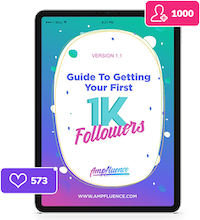
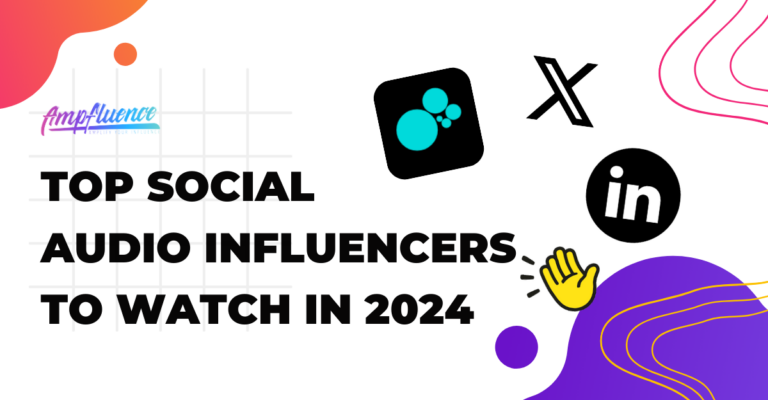
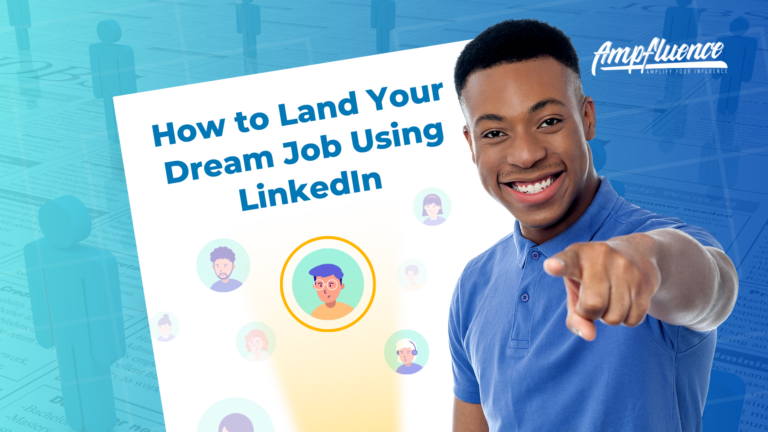
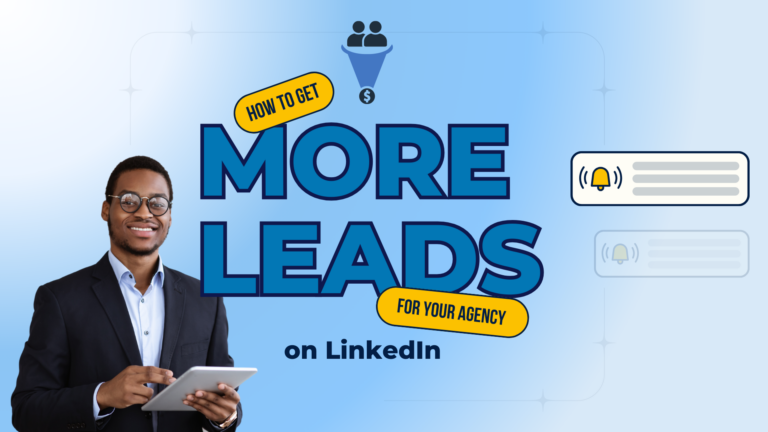

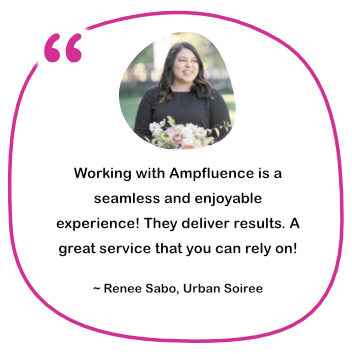

14 Responses
I’m starting to feel how social media affects me. It feels like an addiction. I’m a first years student of the college, I’m so young, but already broken a bit. That’s also because of social media, you know, when you’re sad, you’re always getting sad recommendations everywhere. Your mood depends on a piece of metal. But it also gives me a lot. For example, when I have some problems with study tasks, I always can use samplius website, it saves me a lot of time. I think we just need to take more non-phone time if I can call it this way. Time for family, sleep, and hobbies.
This is a very helpful post for me. Because it helps me take care of my mental health. Thanks to the consultation from https://us.calmerry.com/try-lgbt-counseling/, you can do a lot of things in life and understand what gender you belong to.
Great!
The impact of TikTok on mental health is a significant concern worth exploring. Nurses, with their expertise in mental well-being, can contribute valuable case studies to this discussion. By analyzing the effects of excessive social media use on individuals’ mental health, nurses case studies from https://www.nursingpaper.com/our-services/nursing-case-study/ shed light on potential risks and offer insights into mitigating strategies. Their research-based findings add credibility to the discourse, fostering a better understanding of the complex relationship between TikTok and mental well-being.
Hi everyone, I wanted to share a great service I recently used. When my essay assignment was due in just a few days, I was stressed about getting it finished on time. Then I discovered https://bookwormlab.com/, an online custom writing service that completed my paper for a reasonable price and delivered it before the deadline. Their writers did an excellent job and I got a great grade. I’d highly recommend checking them out if you need help writing an essay.
Hello there!
I just finished reading your blog post on the impact of TikTok on mental health, and I must say it was an insightful read. The way you highlighted the potential both positive and negative effects of the platform resonated with my own observations.
It’s undeniable that TikTok has become a powerful tool for self-expression and creativity, but as you rightly pointed out, the constant comparison and pressure can take a toll on one’s mental well-being. Your emphasis on the need for a balanced approach and mindful consumption is something we all should keep in mind.
As a reader, I’d like to contribute to the conversation by suggesting a resource that might complement the solutions you provided. I recently came across Calmerry’s text therapy service: https://calmerry.com/text-therapy/ and it struck me as a valuable addition to the mental health toolkit. In the fast-paced digital world we live in, having access to text-based therapy can offer a discreet and convenient way for individuals to seek support. I believe that integrating such services into the broader discussion on mental health, especially in the context of social media use, can provide additional avenues for those who may be struggling.
Thank you for addressing this important topic, and I look forward to more thought-provoking content from you!
The article highlights both the positive and concerning aspects of TikToks impact on mental health. It emphasizes the importance of critical thinking and additional research when engaging with mental health content on the platform.
Professional Car Repair Services in Indianapolis IN
Well, I’ve tried using CBD oils for stress relief but didn’t like the taste. What can not be said about gummies. I can safely say that cannabis edibles https://westcoastbud.io/ work really well. They are very tasty and have the great effect. It’s nice to realize that in the fight against bad sleep you chew delicious edibles and stress and anxiety leave you, in general, I recommend everyone to try it.
I also use tiktok etc. And I find it comfortable looking at the good things. And I also find comfort from reading this picosure pro vs picoway.
TikTok, while being a platform for entertainment and dancing, is also becoming an important tool for mental health education and support. By the way, here I am discussion board help here https://studyfy.com/write-my-discussion-board-post . It allows users to get information, learn terminology and connect with people who are going through similar problems.
I get that people want to figure out who they are and where they fit in the world at this age, but mental illness is not cool, eccentric, or anything of the sort. It’s important to handle this matter seriously and not take it lightly.
I’d want to express my heartfelt gratitude for the upfront recognition of the high quality of my work. The composer diligently planned and executed the composition in order to create an extraordinary and intellectually interesting piece.
I get that people want to figure out who they are and where they fit in the world at this age.I also use tiktok etc
Our physical and mental health is influenced by many factors, including diet, physical activity, stress and even social media such as TikTok. This shows how important it is to pay attention to self-care in all aspects. In New York City, there is a place where your beauty and health needs will be met – https://besoaesthetics.com/chin-liposuction . They offer professional services, including chin liposuction, to help you feel and look your best.